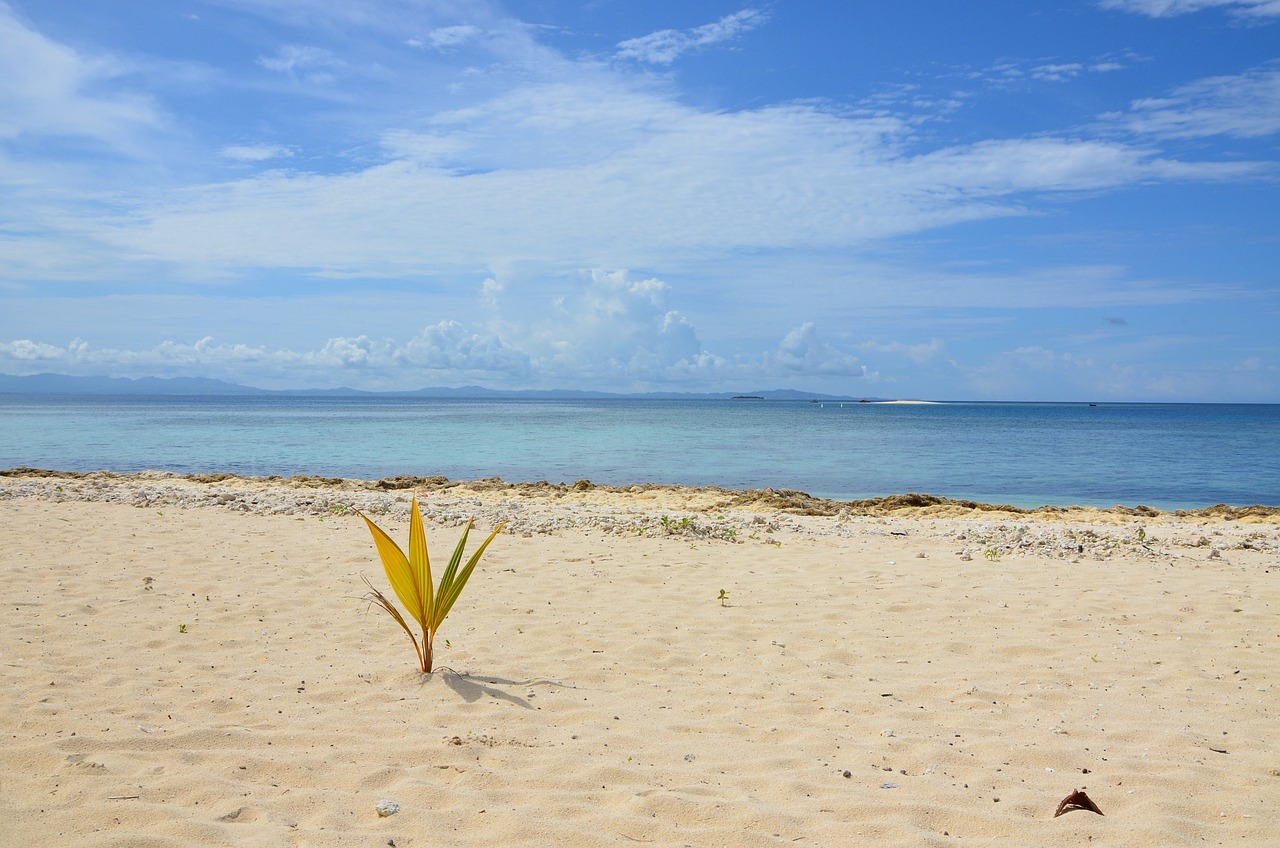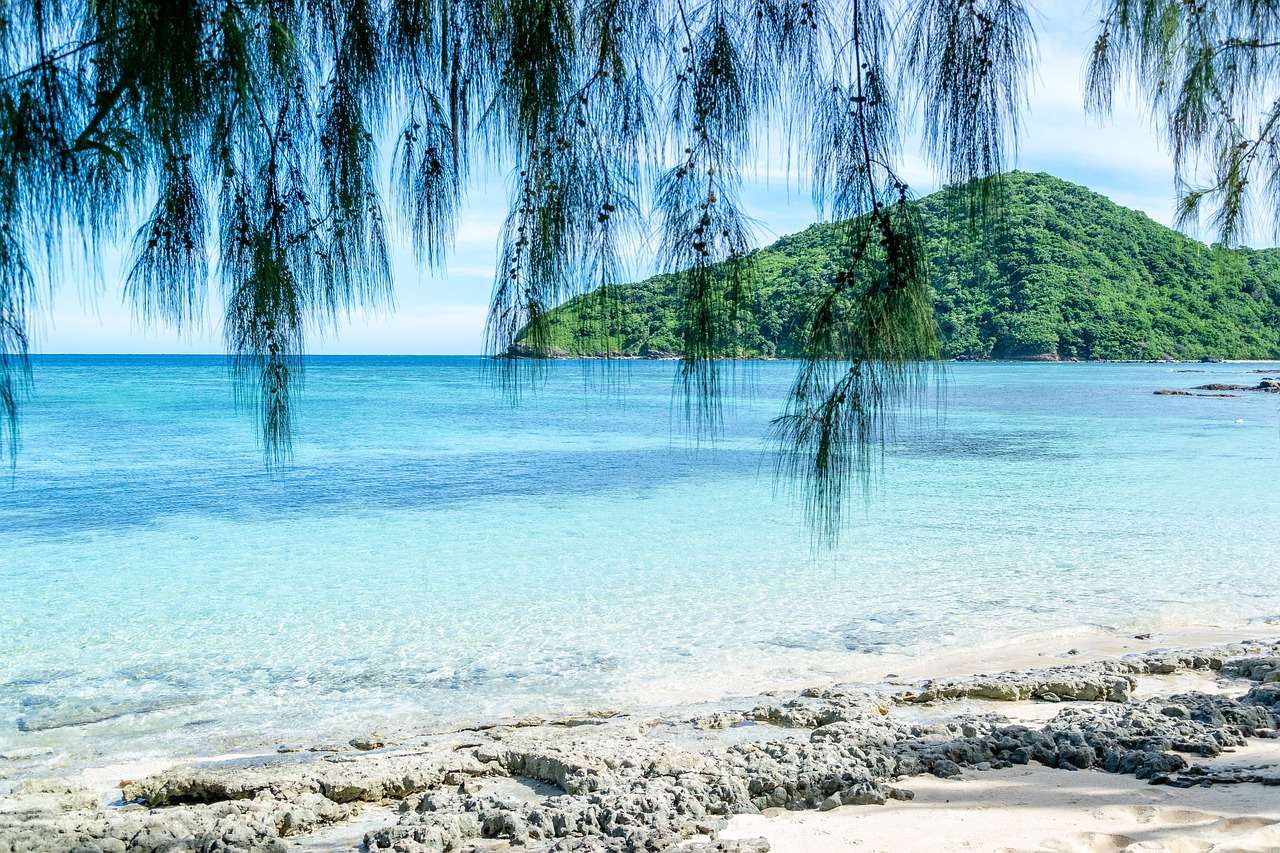Fiji Video
Emergency Services: What to Know While in Fiji
Fiji, known for its breathtaking landscapes and vibrant culture, is a popular travel destination. While enjoying your time in this tropical paradise, it’s important to be aware of the available emergency services. This article will provide you with a comprehensive guide to emergency services in Fiji, ensuring that you are prepared and well-informed during your stay.
Medical Services
When it comes to medical emergencies in Fiji, there are several options available to tourists. It is recommended to have travel insurance that covers medical expenses, as healthcare services can be costly for non-residents. In case of a medical emergency, here are some important points to keep in mind:
- Hospitals: Fiji has a number of hospitals located in major cities and towns. The main hospital in the capital city, Suva, is the Colonial War Memorial Hospital. Other notable hospitals include Lautoka Hospital and Labasa Hospital. These hospitals provide a range of medical services and have emergency departments.
- Private Clinics: Private clinics are also available in Fiji, offering medical services to both residents and tourists. These clinics may have shorter wait times and provide specialized care for certain conditions.
- Pharmacies: Pharmacies can be found throughout Fiji, and they stock a wide range of medications. It’s important to note that some medications may require a prescription, so ensure you have necessary documentation.
- Ambulance Services: In case of a medical emergency, dial 911 or 919 to reach emergency ambulance services. It is advisable to have the contact information for emergency services readily available.
Police and Law Enforcement
Fiji has a dedicated police force responsible for maintaining law and order throughout the country. If you find yourself in need of assistance or witness a crime, here’s what you should know:
- Fiji Police Force: The Fiji Police Force is the primary law enforcement agency in Fiji. They are responsible for ensuring public safety and maintaining peace and order. In case of an emergency, dial 911 or 917 to contact the police.
- Police Stations: Police stations can be found in major towns and cities across Fiji. If you need to report a crime or seek assistance, you can visit the nearest police station. They will guide you through the necessary procedures.
- Tourist Police: The Tourist Police Unit in Fiji specializes in assisting tourists. They can provide guidance, information, and support to tourists who may encounter any issues during their stay.
Fire Services
In the event of a fire or any other emergency requiring fire services, Fiji has a reliable fire department. Here’s what you need to know:
- Fiji National Fire Authority: The Fiji National Fire Authority (NFA) is responsible for fire and rescue services in Fiji. In case of a fire emergency, dial 911 or 910 to contact the NFA.
- Fire Stations: Fire stations are strategically located throughout Fiji. They have trained personnel and equipment to handle various emergencies, including fires and hazardous material incidents.
- Fire Safety: It’s important to follow fire safety protocols to prevent emergencies. Familiarize yourself with the fire escape routes in your accommodation and know the location of fire extinguishers.
Natural Disasters
Fiji is prone to natural disasters such as cyclones, earthquakes, and tsunamis. It’s crucial to be prepared and informed about potential risks. Here are some important points to consider:
- Cyclones: Cyclones are common in Fiji, especially during the cyclone season from November to April. Stay updated with weather forecasts and follow the advice of local authorities. If a cyclone warning is issued, take necessary precautions and seek shelter in designated evacuation centers.
- Earthquakes: Fiji is located in an earthquake-prone zone. If you experience an earthquake, remember to “Drop, Cover, and Hold On.” Move to an open area away from buildings, trees, and power lines after the shaking stops.
- Tsunamis: Tsunamis can occur following an earthquake. If you are near the coast and feel a strong earthquake, move to higher ground immediately. Follow any tsunami warnings or evacuation orders issued by authorities.
Image 1:

Emergency Contacts
It’s essential to have emergency contact numbers readily available while in Fiji. Here are some important numbers to note:
- Emergency Services: Dial 911 for all emergencies, including medical, police, and fire emergencies.
- Medical Helpline: Dial 917 for medical emergencies or to request an ambulance.
- Tourist Police: For non-emergency assistance, you can contact the Tourist Police Unit at +679 990 5597.
- Fiji National Fire Authority: Dial 910 for fire emergencies.
Image 2:

Conclusion
Being aware of the emergency services available in Fiji is crucial for a safe and enjoyable trip. Remember to have travel insurance that covers medical expenses, familiarize yourself with the emergency contact numbers, and follow any safety instructions provided by local authorities. By being prepared, you can have peace of mind and fully enjoy your time in Fiji.
References
– fiji.travel (Fiji Tourism)
– fijipolice.gov.fj (Fiji Police Force)
– nfa.com.fj (Fiji National Fire Authority)
– safetravel.govt.nz (New Zealand SafeTravel)
– redcross.org.fj (Fiji Red Cross Society)


